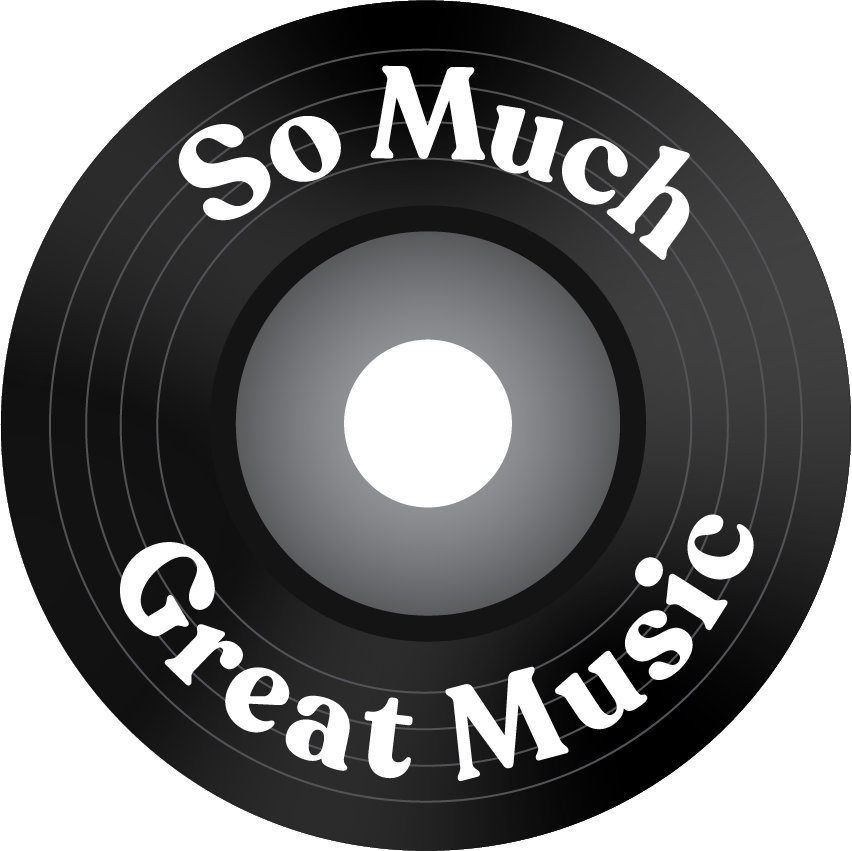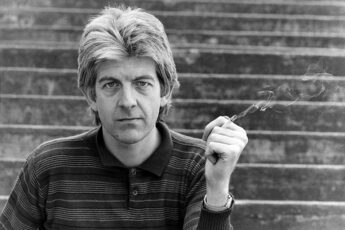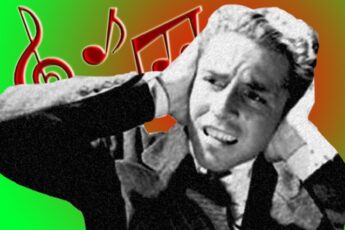It would be difficult to overstate the significance of Richard Wayne Perriman in the history of rock music. He was sometimes referred to as “The Innovator” and “The Originator,” or even “The Architect of Rock and Roll,” but he was always known better as Little Richard. Richard’s ultra-flamboyant showmanship and incendiary music, characterized by frenetic piano playing, a pounding back beat, and his ecstatic shouted vocals, literally laid the foundation in the mid-‘50’s for the future of rock and roll, not to mention generations to come of R&B, soul and funk. A true pioneer, both his music and performance style had a pivotal launching effect on the shape and sound, as well as look, of popular music in the 20th century. And Little Richard’s multitudinous accolades, honors, and awards are too numerous to properly capture; when he died in May of last year they were endlessly recited.
But sometimes in attempting to best assess someone’s importance and legacy it’s most informative to consider their influence on other artists. And here, with Little Richard, I believe such accountings, voluminous among many of the most celebrated, epoch-making artists in music history, are simply unparalleled.
- Paul McCartney (writing just after Richard’s death): “I owe a lot of what I did to Little Richard and his style; and he knew it. He would say, ‘I taught Paul everything he knows.’ I had to admit he was right.” (McCartney’s famous wailing counterpoint “Whooo!,” for instance, is widely acknowledged to have been swiped from Richard)
- George Harrison (during the Beatles‘ Rock and Roll Hall of Fame induction): “Thank you all very much, especially the rock ‘n’ rollers, an’ Little Richard there. If it wasn’t for (gesturing to Little Richard), it was all his fault, really.”
- Jimi Hendrix (quoted in 1966): “I want to do with my guitar what Little Richard does with his voice.”
- Mick Jagger (citing him as his introduction to R&B music): “He was the originator and my first idol.”
- Lou Reed: “He was my rock and roll hero.”
- Patti Smith: “To me, Little Richard was a person that was able to focus a certain physical, anarchistic, and spiritual energy into a form which we call rock ‘n’ roll. I understood it as something that had to do with my future. When I was a little girl, Santa Claus didn’t turn me on, the Easter Bunny didn’t turn me on…Little Richard turned me on.”
- David Bowie (recalling his first listening of “Tutti Frutti”): “I heard God.”
My favorite of the unabashed Richards acolytes in history, though, are the ones that appear from somewhat more unexpected places, say, four-on-the-floor rock marauders AC/DC. Original vocalist Bon Scott idolized Richard and aspired to sing like him, while Angus Young professes he was first inspired to play guitar after listening to Richard’s music, and Malcolm Young derived his signature locomotive rhythm guitar sound from playing his guitar like Richard’s piano. Members of hard rock Deep Purple and heavy metal Motörhead both profess to huge Little Richard influences in their music. And Creedence Clearwater Revival’s classic rock standard ‘Travelin’ Band’ borrowed its entire structure and melody from Richard’s ‘Long Tall Sally.’ The best citation for me, however, was learning how Richard breathed life into future rock and roll behemoth’s Led Zeppelin, a band blessed with yet another well-renowned screaming singer.
- Robert Plant (describing how he wasn’t interested in listening to music until he heard Little Richard on record): “I was a 13-year-old boy in Kidderminster when I heard Little Richard for the first time. My parents shielded me from anything that was worldly. I spent my time searching feverishly through my stamp collection or working on my Meccano,¹ and then someone played me “Good Golly, Miss Molly.” The sound! It was fantastic. Indescribable.”
In fact, Zeppelin later used the dirty high-hat and pummeling drum rhythms from Little Richard’s clamorous ‘Keep A-Knockin’’ as the basis of their signature 1972 classic ‘Rock and Roll.’ On 1957’s “Keep A-Knockin’,’ Richard’s drummer Charles Connor, who died earlier this month at 86, played a sixteen-bar drum intro (known as the “flattened out double shuffle”) that John Bonham later closely imitated as the opening of one of Zeppelin’s, and truthfully rock history’s, most raucous and famous tunes. It’s been a long time, been a long time, been a long, lonely, lonely, lonely, lonely, lonely time…but just imagine how long and lonely it would’ve been without Little Richard.
Immediately following his death, GQ Magazine stated plainly about him that “(Little Richard) is, without question, the boldest and most influential of the founding fathers of rock’n’roll.” In retrospect, somehow I’m not sure even that goes far enough to describing just how big was Little Richard.
¹a British Erector Set toy
Without Little Richard this couldn’t have happened…







Rob MacMahon
August 30, 2021 6:05 pmI thought Chuck Berry’s was the rock’s most influential pioneer? 🙂
So Much Great Music
August 30, 2021 11:04 pmIt’s certainly an inexact science, and Chuck Berry could easily get the vote. But I was swayed by Zeppelin.